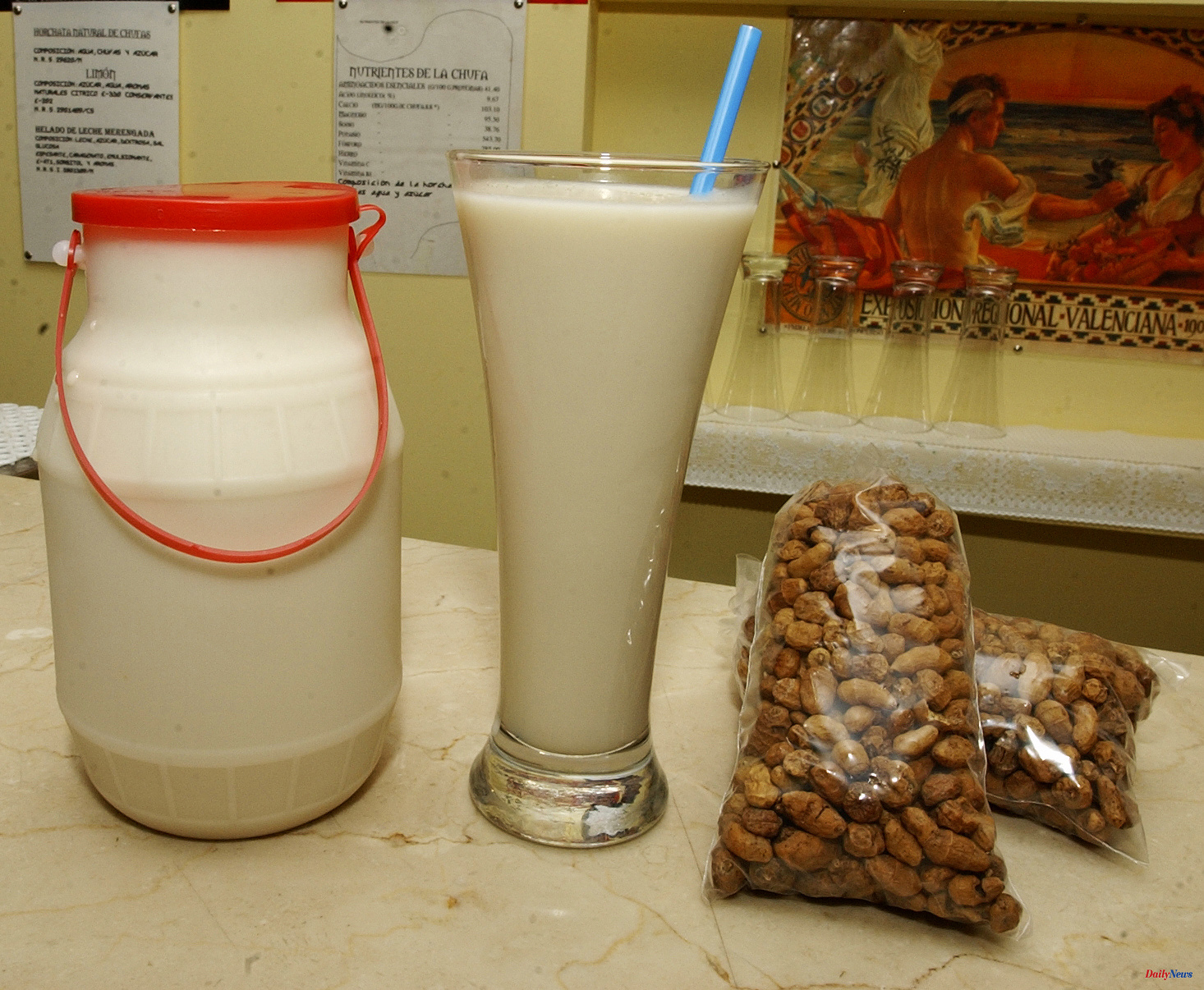Beyond its physiological function, blood has symbolized throughout time power, passion, value or life (earthly and eternal), values that are reflected in a multitude of references in proverbs, sayings and proverbs. Of all that catalog of colloquial locutions with the word blood, one of the most curious phrases is "to have horchata in your veins" or "to have horchata blood".
The striking thing about this expression is that, although it is used above all in Spain, it has also reached the other side of the Atlantic, in countries where horchata is not a well-known product. Surely its arrival in Argentina and other parts of South America is due to the landing of Spanish emigrants at the end of the 19th century and the first half of the 20th century. Today, in those parts you can hear the phrase "have horchata in your veins"; many understand the meaning from the context without knowing very well what that word refers to.
In Mexico there is a colloquial expression with the same meaning: sangre de atole. Atole is a very popular hot drink in Mexico.
Horchata is a sweet and refreshing drink whose essence is the tiger nut, a typical tuber of the Valencian orchard, especially from Alboraya. The name of this liquid also has its crumb:
Legend has it that the King of Aragon Jaime I was walking through the countryside when a young woman gave him a white drink to taste. Upon tasting it, he asked: "What is aixo?" [What is this?)] and the woman replied that it was tiger nut milk. "Aixo is not llet," Jaime I replied, "aixo is or xata!" [This is not milk, this is gold, sweetheart!] It is "or xata", orxata, as it is written in Valencian.
However, the Royal Spanish Academy (RAE) blasts etymological romanticism by showing in its dictionary that orxata comes from the Italian orzata, "of barley".
Without closing the dictionary of the RAE, the academics define the locution "sangre de horchata" as "calm character that is not altered by anything." Come on, a pusillanimous person, someone apathetic and passive, incapable of making decisions in the face of the despair of those around him.
And it is that horchata is the opposite of blood. It is white and cold (this is how it should be drunk), characteristics that correspond to that type of person. In fact, in Spanish we have other equivalent locutions; it is about "having no blood in the veins" or "having little blood".
Someone may add the idea of "cold blood" as another alternative to horchata blood, however, in this case it is more about describing a calculating person who shows serenity, who is not easily moved.
Let's see some other example where blood is the protagonist of proverbs and sayings:
According to the criteria of The Trust Project












